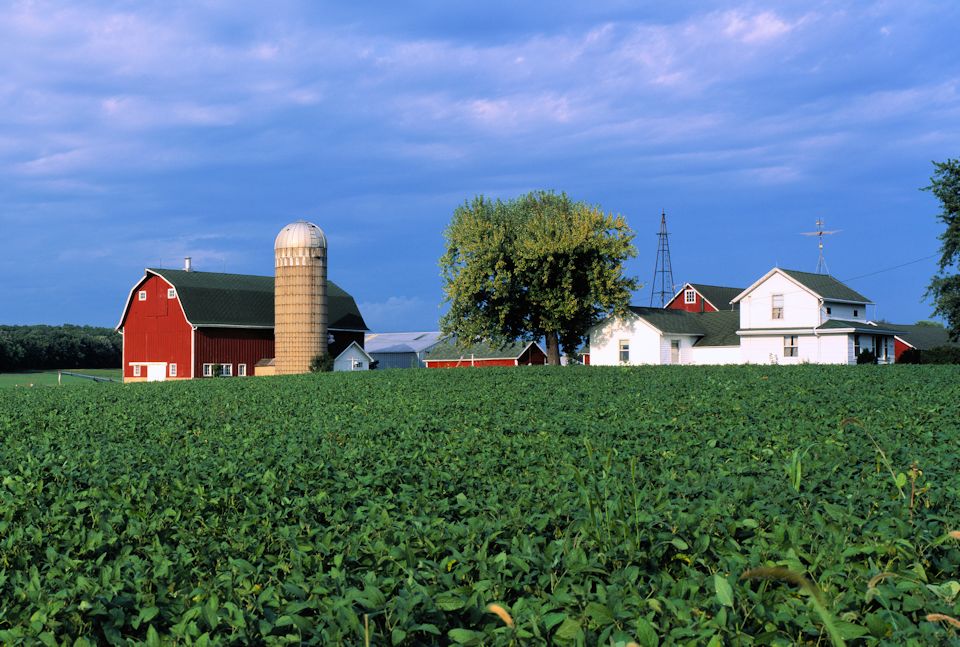Revs Peggy Paige, Jackie Roe, and Jodie Flessner believe Michigan’s small, rural churches will come out of the pandemic year with new strength for future ministry and mission.
JOHN E. HARNISH
Michigan Conference Communications
“The trickiest thing is the internet”, says the Rev. Peggy Paige. “Often it is slow or unavailable in rural areas, so during COVID, while other churches were depending on it, many rural churches struggled.”
Paige is in a good position to reflect on the impact of COVID-19 on rural churches. She has been involved in town and country ministry for her entire pastoral career and in retirement, she has been certified as a Rural Chaplain by the General Board of Global Ministries. As a former District Superintendent and delegate to General Conference she has consistently advocated for the needs of rural churches, which have been exacerbated by the COVID-19 pandemic.
In Michigan, 54% of our churches have 100 members or less and nationally, one-half of all United Methodist churches have fewer than 100 members. Across the country, 25,000 congregations are rural. The Rev. Randy Wall, the president of the National United Methodist Rural Advocates, says the problem of available technology is not unique to Michigan. “There are many communities where they don’t have reliable internet. If you are a church that doesn’t have an internet connection, how can you do a Zoom worship service?” (United Methodist News, June 22, 2021)
Another reality Paige mentioned is that many of our small rural churches are comprised primarily of older adults, many of whom are not tech-savvy, so even if the internet is available they may not very comfortable using it. It also means the congregations often don’t have members with computer or internet talents and experience.
The internet problem is only one of many issues which have confronted rural churches during this past year. “Another major problem”, says Paige, “is isolation. People are often widely scattered and so are the churches. They depend on the weekly gathering in worship as their primary social event and when worship was canceled during the shut-down, many folks have been extremely lonely.” This is especially true during the long winters in the Upper Peninsula.
The Rev. Jackie Roe is the Parish Director of the God’s County Co-operative Parish in the UP which is comprised of seven churches. She also identified the limited internet service as an issue, but her churches were able to pre-record the worship service, then make it available to those who have a connection. They also used the internet for a “Zoom Fellowship Time,” giving folks the opportunity to connect with each other virtually. For those without internet, Roe made use of “Sermons-by-Phone”, a service that makes the recorded sermons available for members who simply dial in and listen on their telephones. She said, “The challenges of the COVID year were also an opportunity to discover new ministries.”
Understanding and misinformation about the vaccines were another challenges. Two of her churches are only 20 miles apart, but they are located in two different counties, one of which has the highest rate of vaccination and the other has the lowest vaccination rate in Michigan.
Superintendent Jodie Flessner oversees many rural and small-membership churches in the Northern Waters District. She feels it is still too soon to know the full extent of the impact of COVID on rural congregations, but at this point she shares her impressions. “First”, she says, “I was amazed a how quickly churches turned, literally on a dime, to worshiping and serving in new ways. The resiliency of our congregations is incredible.” Second, she says to some extent the pandemic brought out what was already there. “Churches that were strong, where the lay and clergy leaders were working well together, and where their finances were stable, came through well. Churches that were already stressed in some way suffered more.”
Third, as a superintendent, she feels the inability of congregations to appropriately say “goodbye” to a departing pastor or “hello” to a new pastor was especially difficult. “I have served most of my superintendency under COVID. In 2020 I was only able to personally introduce one pastor to a new appointment and in 2021, I introduced about ½ of them personally. The relational side of ministry has been strained to say the least.”
Finally, Flessner concludes, “Pastors and people are really tired of it all. Every church has a breaking point and at some point, the DS gets a call to try to help. This year brought out the best and the worst in our congregations, but the good news is by the grace of God our congregations have survived and some have even thrived.”
As rural churches come out of the pandemic year, they will take the lessons they have learned and the opportunities for ministry COVID has given them to strengthen their life for the future. And since so many of our Michigan United Methodist Churches are in rural settings, their future is important to the health and vitality of the entire conference. Out of the chaos of the year of COVID can come resurrection and new life for the whole church by the grace of God.
Last Updated on October 31, 2023

